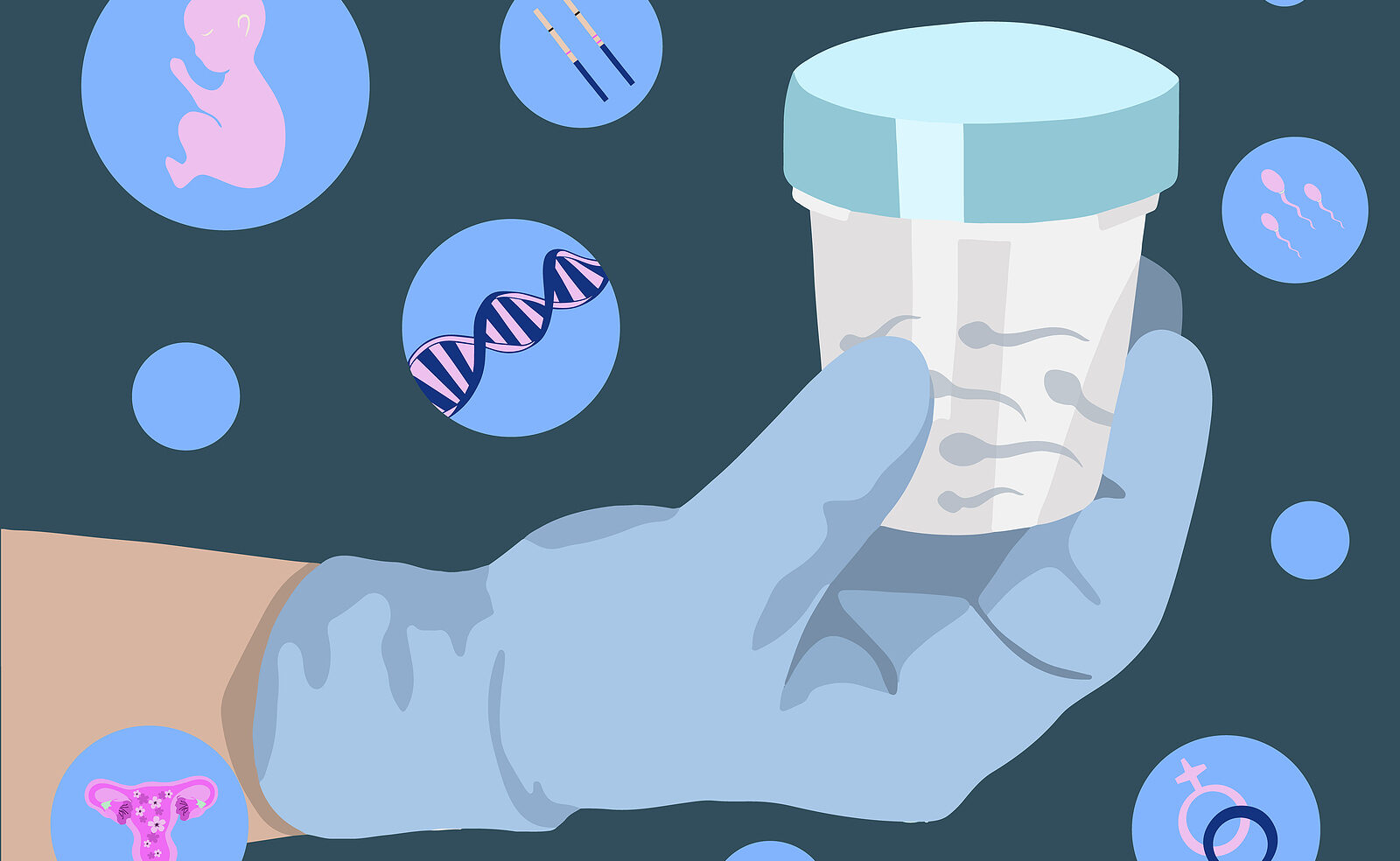
Is unregulated sperm donation really all that bad?
The unregulated market in sperm donation is growing rapidly. People are increasingly bypassing regular sperm banks and fertility clinics and sourcing sperm on the internet. Unlike most other commentators, Guido Pennings, of Ghent University, argues in BioNews that this is not necessarily a bad idea.
Unregulated donation has a number of disadvantages, principally the lack of legal protection — donors cannot be held accountable if something goes wrong. There is also no guarantee of testing for sexually-transmitted diseases; abuse and coercion are possible; there are no guarantees about the donor’s background.
Pennings points out, though, that the regulated system is far from perfect.
many people seem to overestimate the regulated system. A critical look at this gold standard may bring them to reconsider this evaluation. Most clinics and sperm banks cannot control the number of offspring per donor (either because there is no central register or because sperm is imported), do not verify the information shared by the donor, do not perform extensive genetic testing (apart from taking an elaborate family history) and legal protection is not guaranteed for everyone in all countries.
And furthermore, the unregulated market has advantages for many people: “Recipients feel that they are more in control, they can meet and select the donor, and negotiate the level of involvement of the donor in the family. Moreover, it is cheaper and they do not have to justify their plans to anyone.”
In short, concludes Pennings, the unregulated market in sperm is here to stay:
Regulators are still adding extra rules and restrictions that increase costs for the users and make participation less attractive for both donors and recipients. Many users of the unregulated system do not go there out of their own free will but are pushed away by the regulated system. Although this move also brings many disadvantages with it, it ultimately increases women’s reproductive autonomy by allowing them to bypass societal restrictions.
